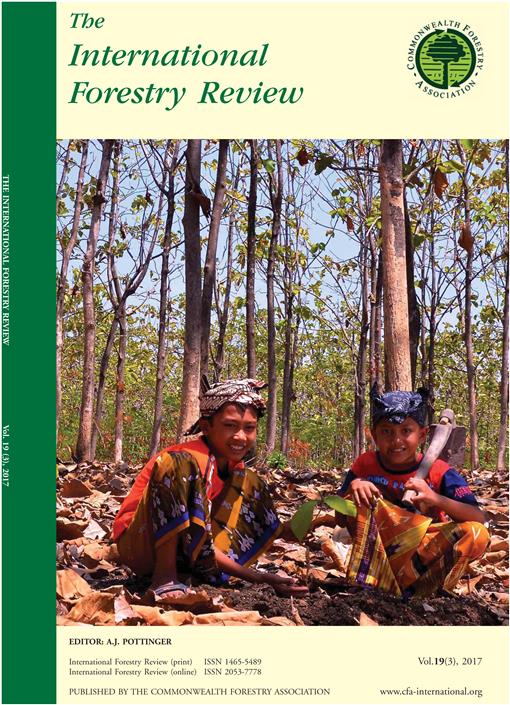Increased attention to the role of forests in mitigating climate change through Reducing Emissions from Deforestation and Forest Degradation (REDD ) underscores the importance of taking local forest access and user rights into account to protect forest-based livelihoods. This paper uses baseline data from a USAID-funded impact evaluation of a REDD program in Zambia to examine the multiple interests and institutional actors that converge on forests and explore how they intersect to shape forest access and tenure security. We analyze how forest users in this site on the cusp of REDD program implementation view local governance and navigate the institutions that shape current forest access and management, finding low rates of forest user participation in local forest governance and a weak accountability system. REDD safeguards potentially present both an opportunity and a mechanism to improve forest governance, but only if embedded into REDD processes and accompanied by structural change.
How to translate text using browser tools
1 September 2017
Forest Access and Polycentric Governance in Zambia's Eastern Province: Insights for REDD
C. Caron,
S. Fenner
ACCESS THE FULL ARTICLE

International Forestry Review
Vol. 19 • No. 3
September 2017
Vol. 19 • No. 3
September 2017
accountability
forest governance
forest tenure
institutionalism
Zambia




